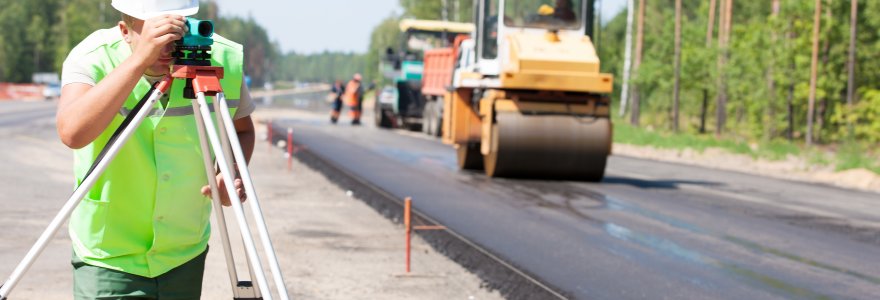Civil Engineering

- Site Planning
- Traffic Planning
- Drainage Planning
- Landscape Planning
- Sewer & Water
- Utility Services (gas, electric, telephone, cable, etc.)
Civil Engineering is the segment of the engineering profession that strives to provide for the basic needs of humanity. A civil engineer is involved with the physical environment through the planning, design, construction, maintenance and operation of roads, buildings, airports, tunnels, dams, bridges, and water supply and sewage systems. Civil engineering, considered one of the oldest engineering disciplines, encompasses many specialties. The major specialties within civil engineering are structural, water resources, environmental, construction, transportation and geotechnical engineering. Project Management is also a common occurrence with Civil Engineers.
Construction Engineering
The construction phase of a project represents the first tangible result of a design. Using technical and management skills, SEI will help turn designs into reality — on time and within budget. SEI will apply knowledge of construction methods and equipment, along with principles of financing, planning, and managing, to turn designs into successful facilities.
Geotechnical Engineering
Almost all of the facilities that make up our infrastructure are in, on, or with earth materials, and geotechnical engineering is the discipline that deals with applications of technology to solve these problems. Examples of facilities in the earth are tunnels, deep foundations, and pipelines. Highway pavements and many buildings are supported on the earth. And earth dams, levees, embankments, and slopes are constructed with the earth. In addition, many soil-like waste materials are deposited in containment areas. To design these facilities, SEI engineers must conduct analyses based on the principles of mechanics and mathematics. These analyses require input data to quantify the properties of the earth materials, and this information is usually obtained from laboratory or field tests.
Transportation Engineering
Since the quality of a community is directly related to the quality of its transportation system, the function of the transportation engineer is to move people, goods, and materials safely and efficiently. Whether building a new home out in the back-country or renovation industrial facilities, durable roads are a necessity. We’ve worked on all types of road designs, often through less than ideal terrain. Roads need to be designed for the weight of the vehicles traveling on them while taking into consideration the stability and drainage of the surrounding soil. SEI engineers can design, construct, and maintain all types of roadways.
Urban Planning
SEI engineers are concerned with the full development of a community. They will analyze information to help coordinate projects, such as projecting street patterns, identifying park and recreation areas, and determining areas for industrial and residential growth. Potential building locations and future developments need to be taken into account as well as requirement like utilities and traffic space. To ensure ready access to the community, coordination with other authorities may be required.